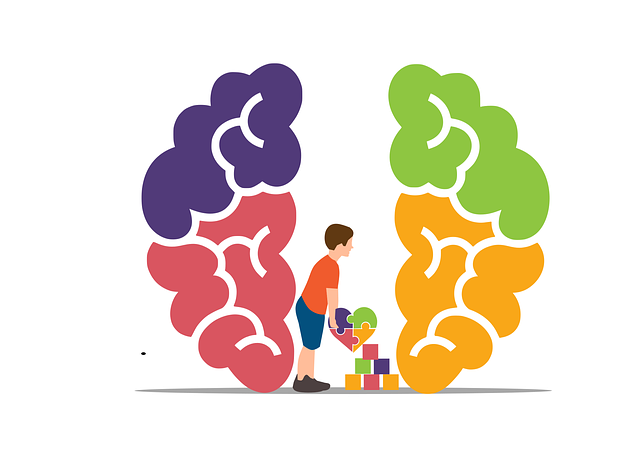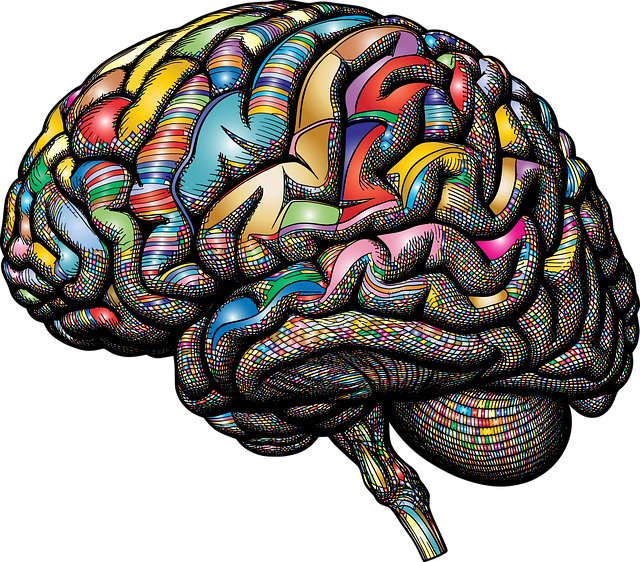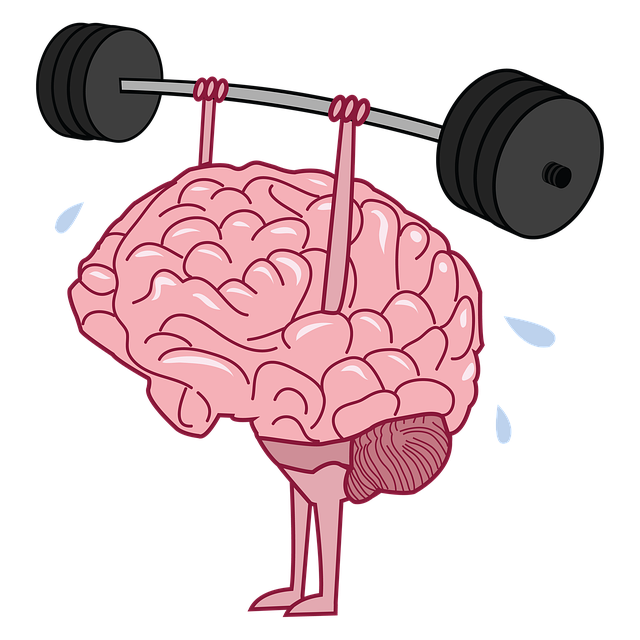Denver Learning Disability Therapy (DLDT) offers a personalized approach to mood regulation, crucial for mental wellness. By assessing individual needs, their experts provide tailored strategies like communication tools, mindfulness practices, and stress management workshops. They offer ongoing support through Mental Wellness Coaching Programs, empowering clients to recognize early signs of emotional distress and implement coping mechanisms. DLDT's holistic approach not only addresses learning disabilities but also improves emotional resilience, fostering positive interactions and enhancing overall well-being in diverse social settings.
Mood regulation is a vital skill, especially for individuals with learning disabilities. This comprehensive guide explores effective strategies to navigate emotional challenges. We delve into the basics of understanding mood regulation, highlighting the unique benefits of Denver Learning Disability Therapy. Additionally, we offer practical tips for daily life and environmental adjustments to foster a supportive atmosphere at home and school. By implementing these strategies, readers can gain control over their moods and enhance overall well-being.
- Understanding Mood Regulation: Unraveling the Basics
- Denver Learning Disability Therapy: An Effective Approach
- Practical Strategies for Daily Life
- Creating a Supportive Environment at Home and School
Understanding Mood Regulation: Unraveling the Basics

Understanding Mood Regulation: Unraveling the Basics
Mood regulation is a vital aspect of mental wellness, enabling individuals to navigate life’s ups and downs with resilience. At Denver Learning Disability Therapy, we recognize that every person has unique emotional needs, and our experts work closely with clients to identify effective strategies tailored to their specific circumstances. This personalized approach ensures that individuals gain the tools needed to manage their moods, fostering a sense of stability and well-being.
Through comprehensive assessment, we uncover underlying triggers and patterns contributing to mood fluctuations. Our Denver Learning Disability Therapy team introduces various techniques, including communication strategies, mindfulness exercises, and stress management workshops, to empower clients in real-world settings. Additionally, Mental Wellness Coaching Programs Development offers ongoing support, teaching individuals how to recognize early warning signs and implement coping mechanisms before emotional crises arise.
Denver Learning Disability Therapy: An Effective Approach

Denver Learning Disability Therapy (DLDT) is a specialized approach that has gained recognition for its effectiveness in helping individuals manage and regulate their moods. This therapeutic method focuses on empowering people with learning disabilities to develop essential coping skills, ensuring they can navigate life’s challenges with greater ease. Through DLDT, clients learn to identify and understand their emotional states, enabling them to employ evidence-based strategies for mood regulation.
The program incorporates various techniques, such as conflict resolution training and community outreach, to foster a supportive environment. By teaching individuals effective communication and problem-solving skills, DLDT promotes positive interactions and enhances overall well-being. This holistic approach not only addresses the learning disability but also equips participants with valuable tools for improving their emotional resilience, enabling them to thrive in diverse social settings while effectively managing any potential conflicts that arise.
Practical Strategies for Daily Life

In daily life, managing moods effectively is a skill that can be cultivated with practical strategies. Denver Learning Disability Therapy emphasizes the importance of understanding and regulating emotions for overall well-being. One powerful technique is emotional well-being promotion techniques such as mindfulness meditation and deep breathing exercises, which can help individuals gain control over their reactions to stressful situations. Incorporating regular physical activity, maintaining a balanced diet, and ensuring adequate sleep also play significant roles in mood regulation. These simple yet effective habits not only boost energy levels but also contribute to a more stable emotional state.
Additionally, engaging in social activities and connecting with supportive communities can significantly enhance positive thinking. Implementing community outreach program implementation initiatives that foster connections among peers can provide individuals with safe spaces to share experiences and learn coping strategies from one another. By combining these approaches, people can navigate life’s challenges more resiliently, ultimately leading to improved emotional health and a higher quality of life.
Creating a Supportive Environment at Home and School

Creating a supportive environment at both home and school is essential for effective mood regulation strategies, especially for individuals with learning disabilities. In Denver Learning Disability Therapy circles, fostering such environments is seen as a key component in enhancing mental wellness. At home, this can involve establishing consistent routines, setting clear boundaries, and creating designated spaces for relaxation and quiet time. A calm and organized living space can significantly reduce stress levels and provide a sense of control, which are both crucial for managing moods effectively.
Schools play a vital role in promoting mental wellness through the implementation of Stress Reduction Methods and Mental Wellness Coaching Programs Development. Encouraging open communication about emotions, providing safe spaces for students to express themselves, and incorporating Mental Wellness Journaling Exercise Guidance into the curriculum can create an supportive ecosystem. These initiatives not only help students develop coping mechanisms but also foster a sense of belonging and emotional intelligence—all integral parts of navigating and regulating one’s mood in various settings.
Mood regulation is a vital skill, and with the right strategies, individuals can effectively navigate their emotional states. The article has explored various techniques, from understanding the basics of mood regulation to practical daily approaches. One notable therapy, Denver Learning Disability Therapy, offers an effective framework for managing emotions, especially in individuals with learning disabilities. By creating supportive environments at home and school, we can empower folks to handle their moods, fostering a sense of control and well-being. These strategies, when implemented consistently, have the potential to revolutionize emotional intelligence.














